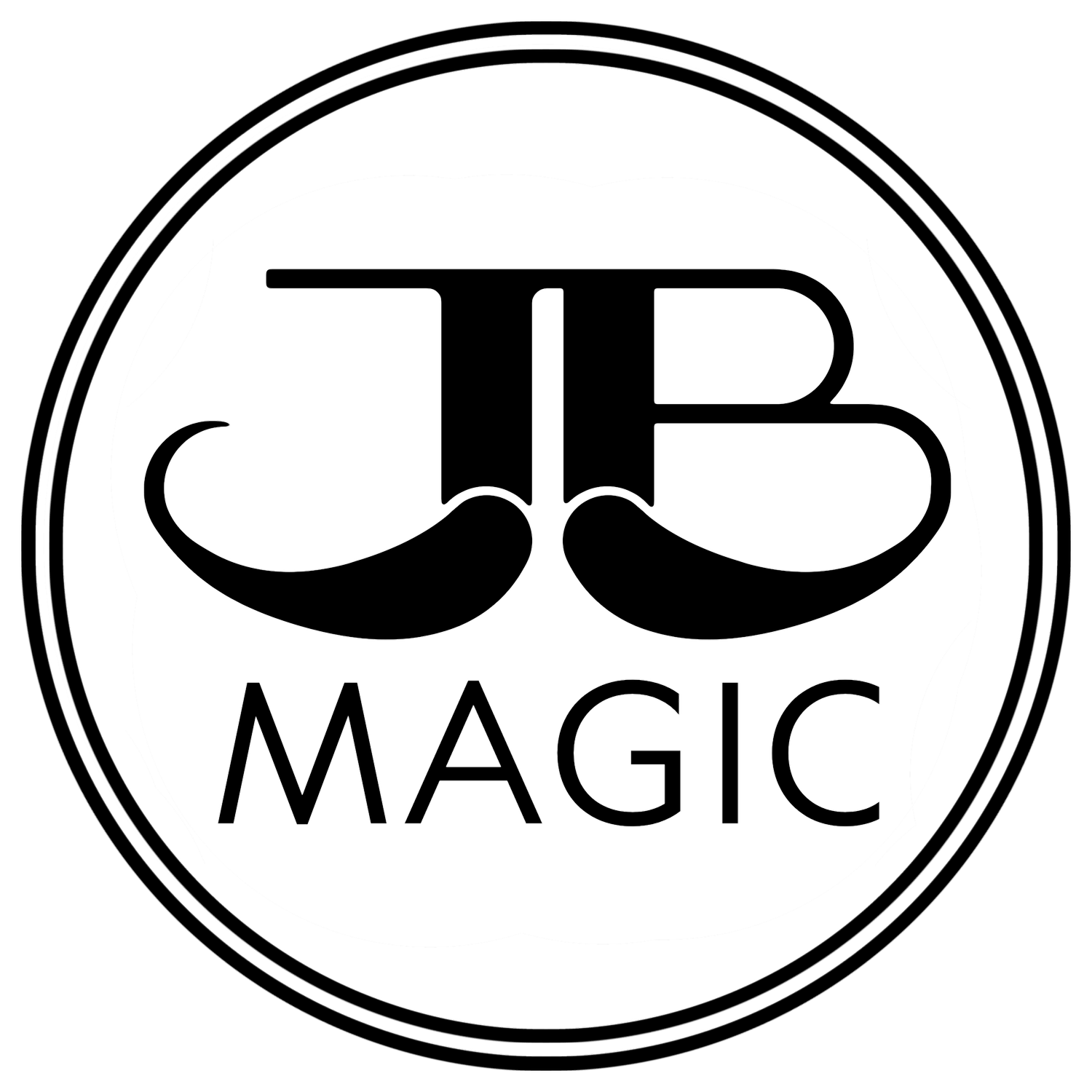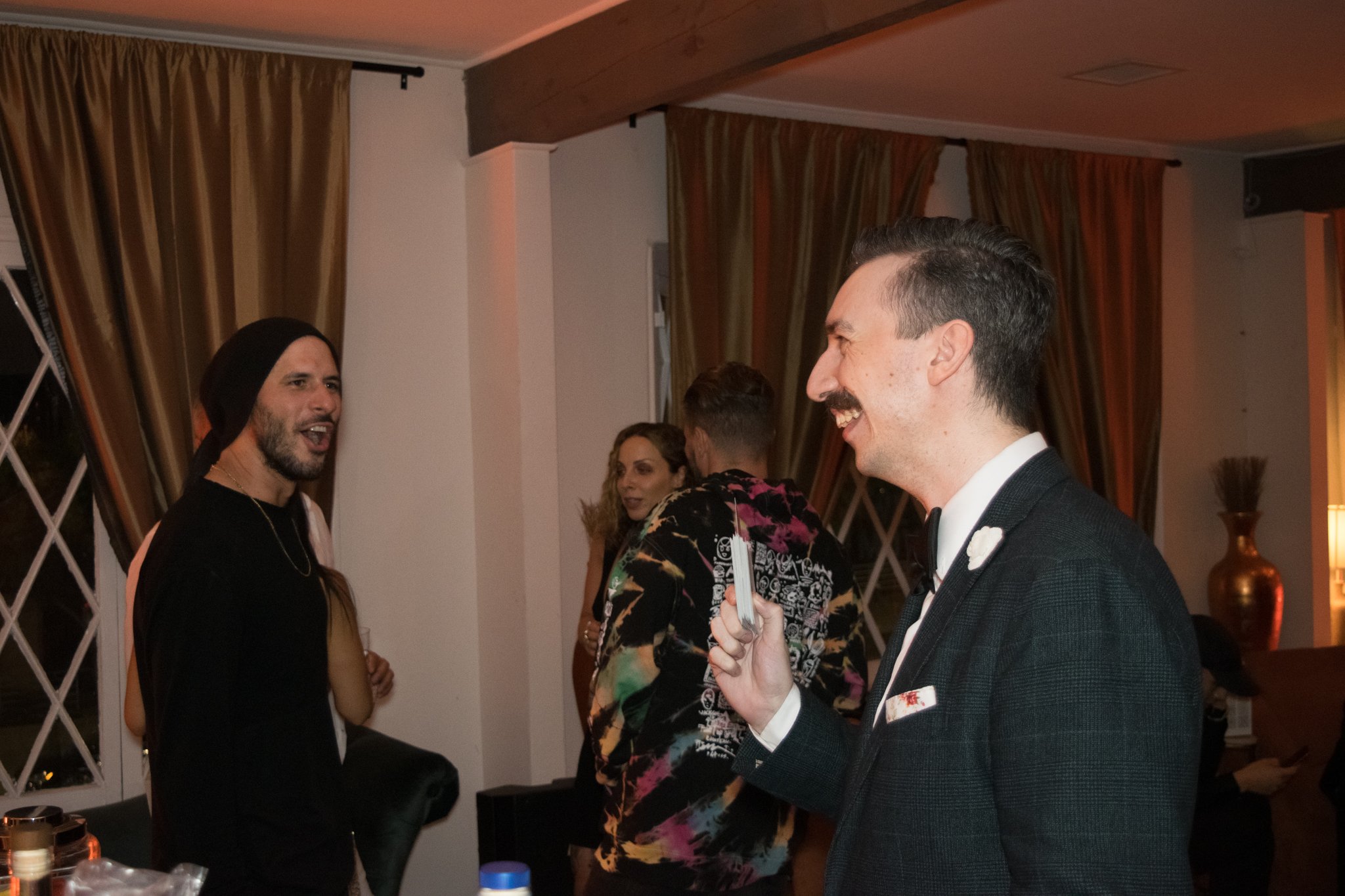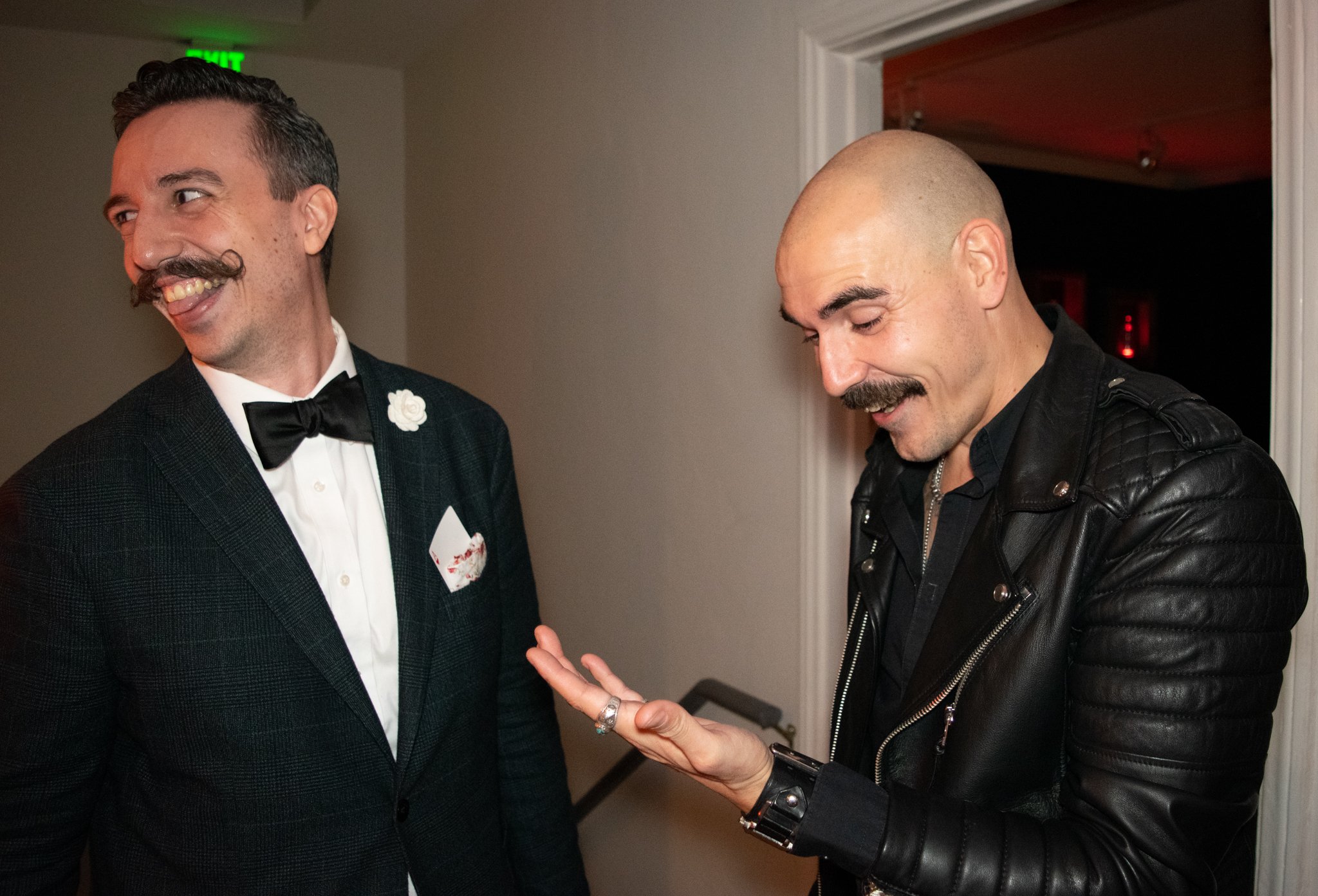The Healing Power of Magic: Magic Therapy and Its Benefits
Magic has long been associated with entertainment and wonder, captivating audiences of all ages. However, its potential extends beyond mere amusement; magic is increasingly being recognized for its therapeutic benefits. Magic therapy, or the use of magic tricks and illusions in therapeutic contexts, has shown promising results in supporting emotional and psychological well-being. This article explores how magic therapy works and the benefits it offers.
Emotional and Psychological Benefits
Magic therapy offers a range of emotional and psychological benefits:
Reducing Anxiety and Stress: The process of learning and performing magic can be a mindful activity that distracts from stressors and anxieties. The sense of focus and immersion in the activity can promote relaxation and reduce overall stress levels.
Encouraging Creativity: Magic encourages creative thinking and problem-solving. It allows individuals to think outside the box and explore new ways of expressing themselves.
Providing Emotional Outlet: For individuals struggling with emotional issues, magic can serve as a positive outlet for expressing emotions and coping with difficult feelings. It offers a constructive way to channel emotions and provides a sense of control and mastery.
Case Studies and Evidence
Several studies and anecdotal evidence support the efficacy of magic therapy:
Children with Autism: Research has shown that children with autism spectrum disorder (ASD) who participate in magic therapy exhibit improved social skills and increased engagement. Magic tricks provide a structured yet flexible way for these children to practice social interaction in a fun and supportive environment.
Hospitalized Patients: Magic therapy has been used in hospitals to improve the emotional well-being of patients, particularly children. Magic performances and interactive sessions can alleviate boredom, reduce anxiety about medical procedures, and create a positive hospital experience.
Mental Health Recovery: Individuals recovering from mental health issues such as depression and PTSD have reported improvements in mood and self-esteem through magic therapy. The sense of achievement and the joy of performing can contribute to a more positive outlook.
What Is Magic Therapy?
Magic therapy involves using magic tricks and illusions as tools for therapeutic intervention. This innovative approach is employed by therapists, psychologists, and educators to help individuals, particularly children and adolescents, overcome various emotional, social, and cognitive challenges. The engaging nature of magic makes it an effective medium for therapy, as it captures attention and encourages active participation.
How Magic Therapy Works
Magic therapy typically involves teaching patients simple magic tricks that they can learn and perform. This process helps in several ways:
Building Confidence: Successfully learning and performing magic tricks can significantly boost self-esteem and confidence. Mastering a trick provides a sense of accomplishment and empowerment.
Improving Motor Skills: Many magic tricks require fine motor skills and hand-eye coordination. Practicing these tricks can improve dexterity and physical coordination, particularly in individuals with motor skill challenges.
Enhancing Cognitive Abilities: Magic tricks often involve problem-solving, memory, and critical thinking. Engaging in these activities stimulates cognitive functions and enhances mental agility.
Promoting Social Interaction: Performing magic tricks is a social activity that encourages interaction. It can help individuals improve their communication skills and foster social connections, making it particularly beneficial for those with social anxiety or autism spectrum disorders.
Conclusion
Magic therapy is a powerful and innovative approach to supporting emotional and psychological well-being. By harnessing the engaging and captivating nature of magic, therapists can help individuals build confidence, improve cognitive and motor skills, and enhance social interactions. As the field continues to grow, magic therapy holds great promise for transforming lives and promoting mental health in a fun and empowering way.
Have an upcoming event?
Want to ensure your event is unforgettable? Look no further than magician Jeff Black.
Book now to guarantee a specially tailored experience that will leave your guests in awe.
Check out my Party Slate Profile.




